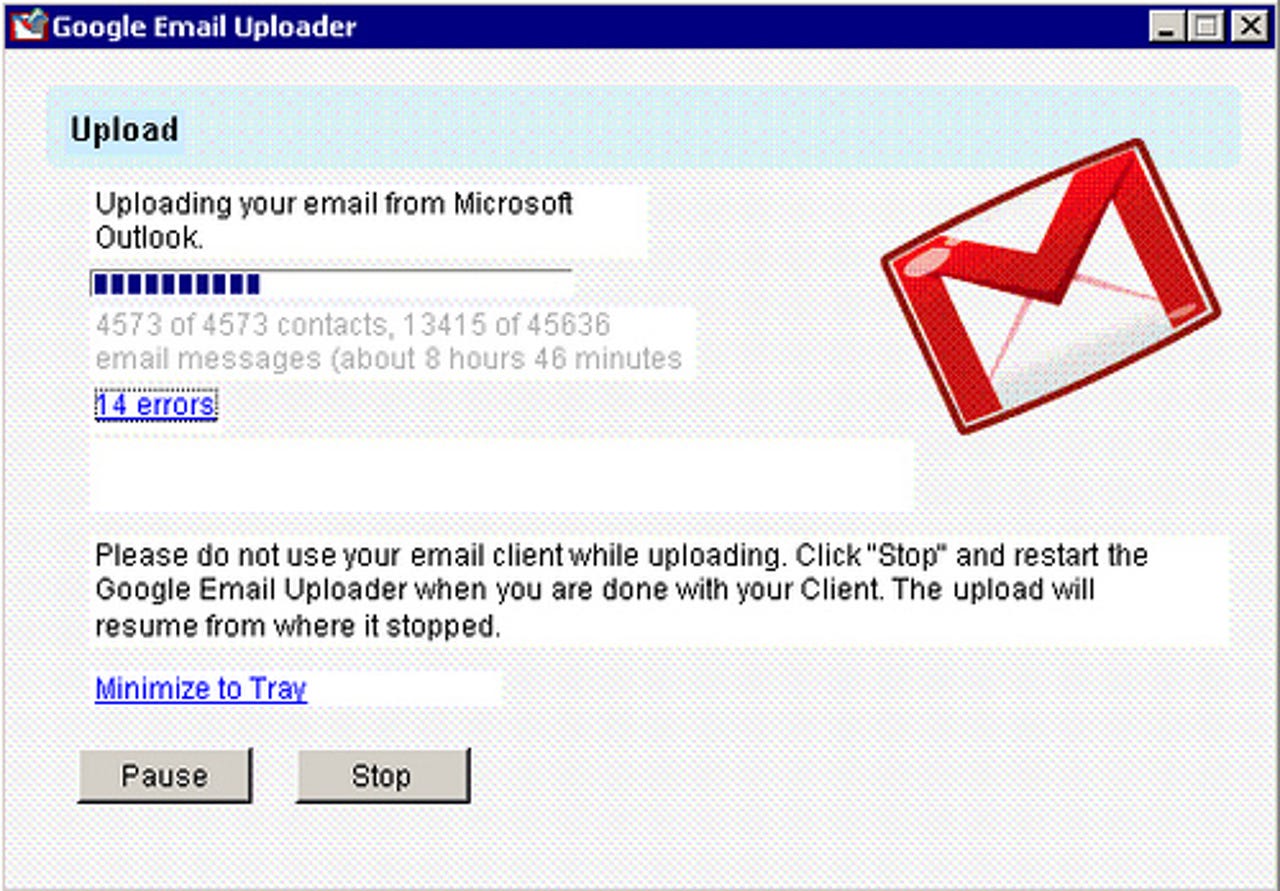UC Berkeley's email system: Microsoft to Google

After several months of evaluation and in the aftermath of recent CalMail outages, UC Berkeley is now planning to make Google Apps for Education their new campus calendar and email system, according to campus officials.
This move is part of 'Operation Excellence' -- a cost cutting initiative designed to save the educational institute $75 million annually.
As part of their Productivity Suite project, UC Berkeley currently offers their campus faculty, students and staff access to commonly used Microsoft software, as well as access to Adobe Creative Suite free of charge.
On December 21, campus officials signed an agreement to begin providing Google Apps for Education in January, as well as moving their main calendar and email systems over to Google.

(Source: Flickr)
An email sent across the campus community Wednesday evening stated:
"While both products are feature rich and offer advantages over our current environment, the analysis concluded that the Google offering was the better overall fit for the campus at this time. The selection of Google Apps for Education does not impact the campus’s recent announcement to provide Microsoft software under a site license agreement. In fact, the products are complementary in many areas and we expect University-wide deployment of both Google’s online offerings and locally installed Microsoft software."
In their evaluative studies, Google Apps for Education was chosen over Microsoft Office 365 on the basis of 'items of particular interest to UC Berkeley'.
One tool used to to assess whether or not to move over to Google services was the 'Assessment Matrix', a study focusing on components including service improvement, operating cost, deployment speed, architectural issues, accessibility, storage and security.
Email, calendar cloud and local solutions:
Google's email services were the clear winner, based on these factors:- Web-based interaction: Google was considered to possess better migration facilities and optimization for online use. The trade-off is that to fully take advantage of the cloud facilities, more resource output would be required by CU Berkeley.
- Office 365's integration and performance records are not considered 'exceptional'. Maintaining a central infrastructure and operations are more expensive than Google's Education Apps.
- Functions: Google has significant advantages that UC Berkeley can implement quickly and cost-effectively. Its main weakness is a lack of integration with an on-premise solution that Office 365 offers, allowing password and authentication information to remain on-site.
- User familiarity: Google is better known and used by students as an online application. Gmail and Google calendars are already in use, and the interface is familiar. A previous analysis of CalMail revealed 25 percent of students forwarded email with Google, with the corporation claiming the largest percentage share by far.
Calendar functions:
Calendar users on campus were divided between three main user categories; those who do not use an online calendar or don't schedule with others, 'average' CalAgenda users who only use basic functions and may schedule items occasionally, and 'power' CalAgenda users who used the schedule facility frequently.Google Calendar was considered an acceptable alternative for the first two categories, and allowed easy adaptation in conjunction with a familiar interface.
The third category would probably find the transition to Google Calendar more difficult, especially within the transition period. It could cause the most disruption to university administrators who are the frequent users of CalAgenda.
Transition problems with a move to Office 365 were estimated at being less than a migration to Google would cause. There is generally more experience in the area of transition to Exchange, and fewer areas of solid incompatibility between Exchange/Office 365 and Oracle Calendar than between Google and Office 365.
Security and privacy:
Google was found to be 'inferior' in every category in comparison to Microsoft, if only by a small margin.Microsoft offers a better AUP policy, better e-Discovery options, and better terms on data location.
Contractual factors:
Microsoft was considered to contain a 'superior contract' due to the following factors:- A suitable business associate agreement in place for HIPAA.
- Data transfer and storage. The majority of data will remain in within U.S borders according to Microsoft.
- Account suspension: Microsoft gained the upper hand due to Google's policies on rights to suspend accounts due to Acceptable use policy violations.
Google's 'superior' area in conjunction with contractual obligations was evaluated to be limitations on liability. Where Google does not limit their liability in terms of Confidential information, Microsoft caps 'free' services liability at $5000, including any damages related to Institution Data short of Gross Negligence or Willful Misconduct.
The decision will not effect the current agreement arranged through the Operational Excellence scheme, and students will still be able to download Microsoft Office software free of charge from early January. CalMail and CalAgenda will remain in use until the transfer is complete.
Integration of the new systems are due to begin in early 2012.